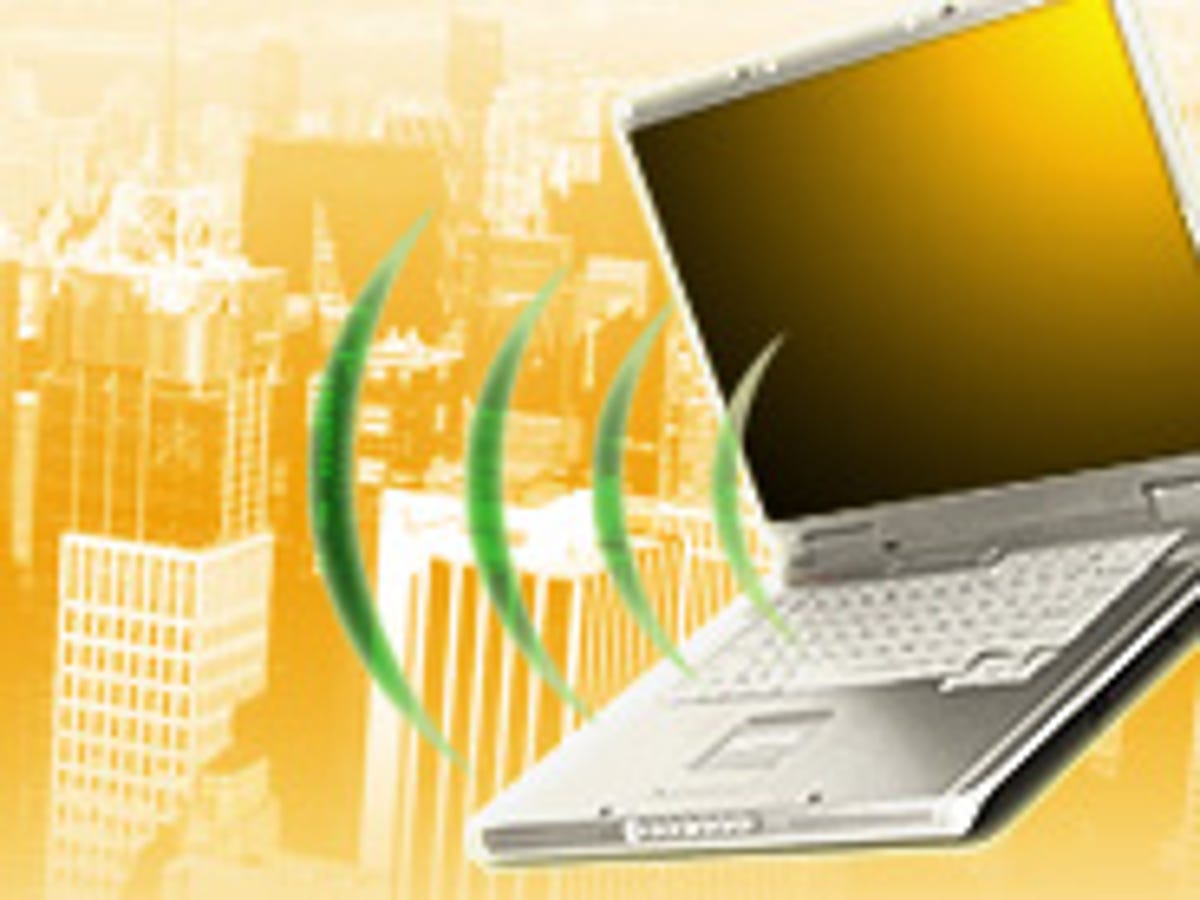More people are trying to tap into unsecure but easily available Wi-Fi networks around them, according to the results of a poll from the Wi-Fi Alliance.

Conducted by Wakefield Research in conjunction with the Wi-Fi Alliance, the results out this week found that 32 percent of those polled admit to trying to hop onto an unsecure Wi-Fi network that wasn’t theirs. Some say they’ve done it only once while others reveal they’ve done it many times. That percentage compares with the 18 percent who admitted to borrowing a Wi-Fi connection according to a December 2008 poll.
Though the study shows that Wi-Fi networks still go unprotected, those who do guard theirs tend to be cautious about doling out the password. Forty percent of those surveyed said that sharing their Wi-Fi password requires more trust than sharing their house keys.
And in another sign of the pervasiveness of Wi-Fi, 47 percent say they check their e-mail before going to bed at night, while 37 percent surf the Web and 33 percent hop onto Facebook. Those figures compare with 40 percent who say they kiss their spouse or significant other good night and only 29 percent who read a book before going to sleep.
Pointing out the risks of accessing unsecure Wi-Fi networks and failing to protect their own, the Wi-Fi Alliance has been urging people to use WPA2 (Wi-Fi Protected Access 2) on all their Wi-Fi equipment. The latest and currently most secure Wi-Fi protocol, WPA2 offers stronger encryption than the earlier WPA and WEP standards.
“Most consumers know that leaving their Wi-Fi network open is not a good thing, but the reality is that many have not taken the steps to protect themselves,” Kelly Davis-Felner, marketing director for the Wi-Fi Alliance, said in a statement. “Consumers can usually activate Wi-Fi security protections in a few simple steps, but much like the seatbelts in your car, it won’t protect you unless you use it.”
The Wi-Fi Alliance has a few other pieces of advice for wireless users:
Create strong network passwords. Make sure your wireless passwords are at least 8 characters long, don’t include any dictionary words or personal information, and encompass a mixture of uppercase and lowercase characters, and symbols.
Be smart about public hot-spot use. Public Wi-Fi networks often turn off security, which means you can surf the Internet in general but should never conduct financial transactions or do anything that requires you to send out personal data.
Turn off automatic connecting. By default, mobile phones and notebooks are sometimes set to automatically connect to the nearest available Wi-Fi network. To prevent that, people should turn off the automatic connection feature and only access familiar networks.
Conducted online between December 10 and December 16, the wireless study fielded responses from 1,054 Americans 18 and older.



